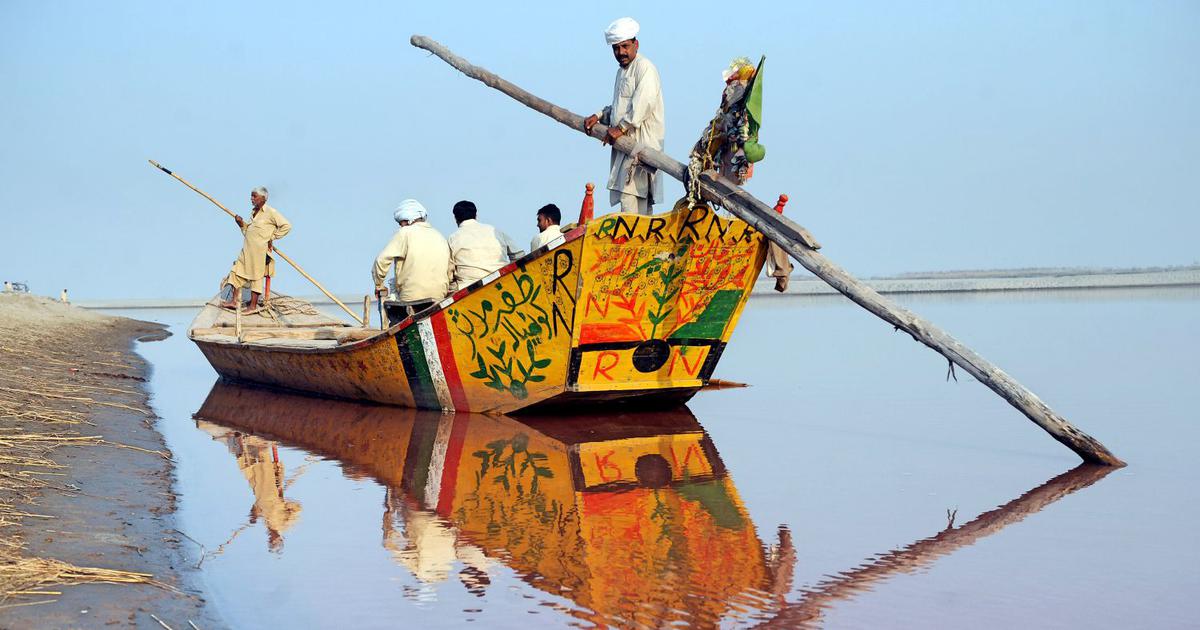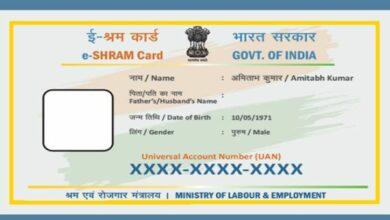Here’s Why India Wants To Amend the Iconic Indus Water Treaty After 62 Years

India requested that Pakistan rework the Indus Water treaty regarding how the waters of the 6 rivers (Which includes three western rivers, Jhelum, Indus, and Chenab, and also three eastern rivers, Beas, Sutlej, and Ravi) that make up the Indus Basin are shared, the Indus Water Treaty has approached choppy waters. Whereas there have in the old days been disagreements involving the sharing of water, this time the dispute resolution process is under question.
India has expressed its displeasure with Pakistan’s drive for concurrent conflict resolution procedures, including arbitration by a court also established by the World Bank aanda neu an al expert appointed by the World Bank. The signature of the treaty in 1960 had been made possible by the World Bank. The Indus Water Treaty itself needs to be renegotiated, and Delhi has now urged Pakistan to do so. However, Pakistan’s likelihood of rejecting the plan has cast doubt on the survival of the pact.
The Indus Water Treaty
The World Bank also joined India and Pakistan in signing the Indus Water Treaty in 1960. The agreement aimed to equally distribute water from the River Indus and its tributaries between the two nations. According to the agreement, Pakistan received water from the three western rivers while India received water from the three eastern rivers.
The agreement also gives both nations permission to use each other’s rivers for specific activities, such as tiny hydropower projects that call for minimal to no storing water. The treaty has mainly maintained calm on water sharing, although there has been a protracted disagreement over the hydroelectric projects Kishanganga and Ratle, both of which are situated in the Jammu and Kashmir Union Territory.
The Consequences of Scrapping the Treaty
Pakistan has allegations that India is misusing/overusing the water from a tributary of the Jhelum and Chenab rivers by constructing dams and violating the treaty. However, the fact is that Pakistan has constructed several big dams on the Jhelum river, such as Mangla that contribute to a highly considerable proportion of electricity generation and usage by Pakistan.
Amid escalating hostilities with Pakistan, the Indian government has numerous times threatened to renounce the Indus Water Treaty. Bijoya Chakroborty, Indian Union Minister of State for Water Resources had stated that India may take such a political measure during a military stalemate between the two nations in 2001–2002. Chakraborty had stated in May 2002 that Pakistan would experience drought and its citizens would have to beg for any available water if the Indus Water Treaty were to be abandoned.










